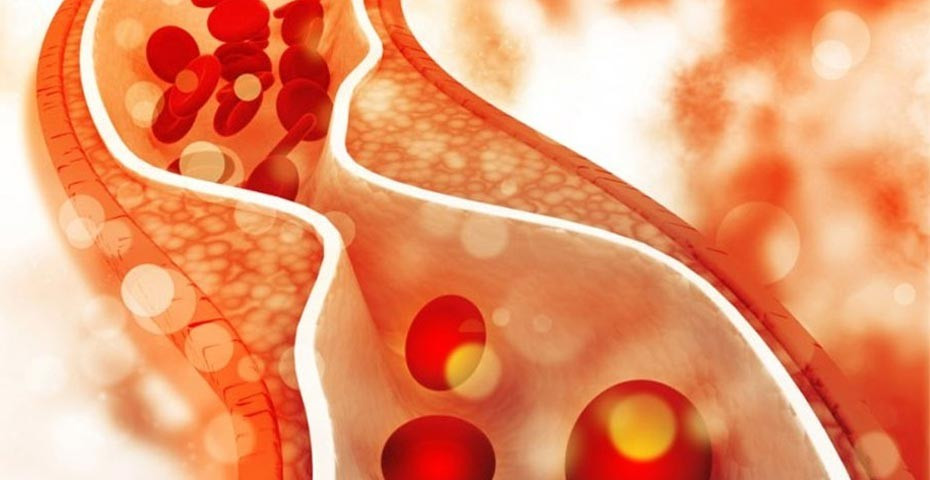High cholesterol as a health risk factor

The prevention of cardiovascular diseases is of fundamental importance because they represent one of the main causes of mortality and disability.
Cholesterol as a risk factor
Hypercholesterolemia represents one of the main risk factors on which concrete action can be taken with a correct diet, through natural remedies such as, for example, fermented red rice and in extreme ratio, with the use of specific drugs (the statins, bile sequestrants and fibrates).
cholesterol is normally present in the body and is essential for the synthesis of vitamin D and is a constituent of cell membranes. It is produced by the liver but can also be introduced in the diet by taking animal fats such as meat, butter, cured meats, cheeses, egg yolk, liver.
Most of the cholesterol is endogenous (70-80%) and the remaining part is introduced through nutrition (20-30%).
Cholesterol is certainly important but its excess in the blood can accumulate on the walls of blood vessels, narrowing them and increasing the risk of cardiovascular diseases. Its normal value should be less than 200 mg/dl. We speak of hypercholesterolemia when the values exceed 240 mg/dl.
THE IMPORTANCE OF A HEALTHY DIET
A healthy and correct diet includes regular consumption of fish (at least twice a week), legumes, white and red meats in moderation and a limited consumption of saturated fats from foods of animal origin. Furthermore, reducing the daily intake of salt and increasing that of fruit and vegetables is of fundamental importance to maintain normal blood cholesterol levels
PHYSICAL ACTIVITY
Regular physical activity strengthens the heart and improves blood circulation. Walking for 30 minutes a day at a brisk pace will be enough to improve the body's well-being
WATCH THE SCALE
Maintaining a correct weight is closely linked to nutrition and physical activity. Excessive consumption of foods rich in fat and reduced physical activity will result in overweight and a probable increase in cholesterol in the blood.
